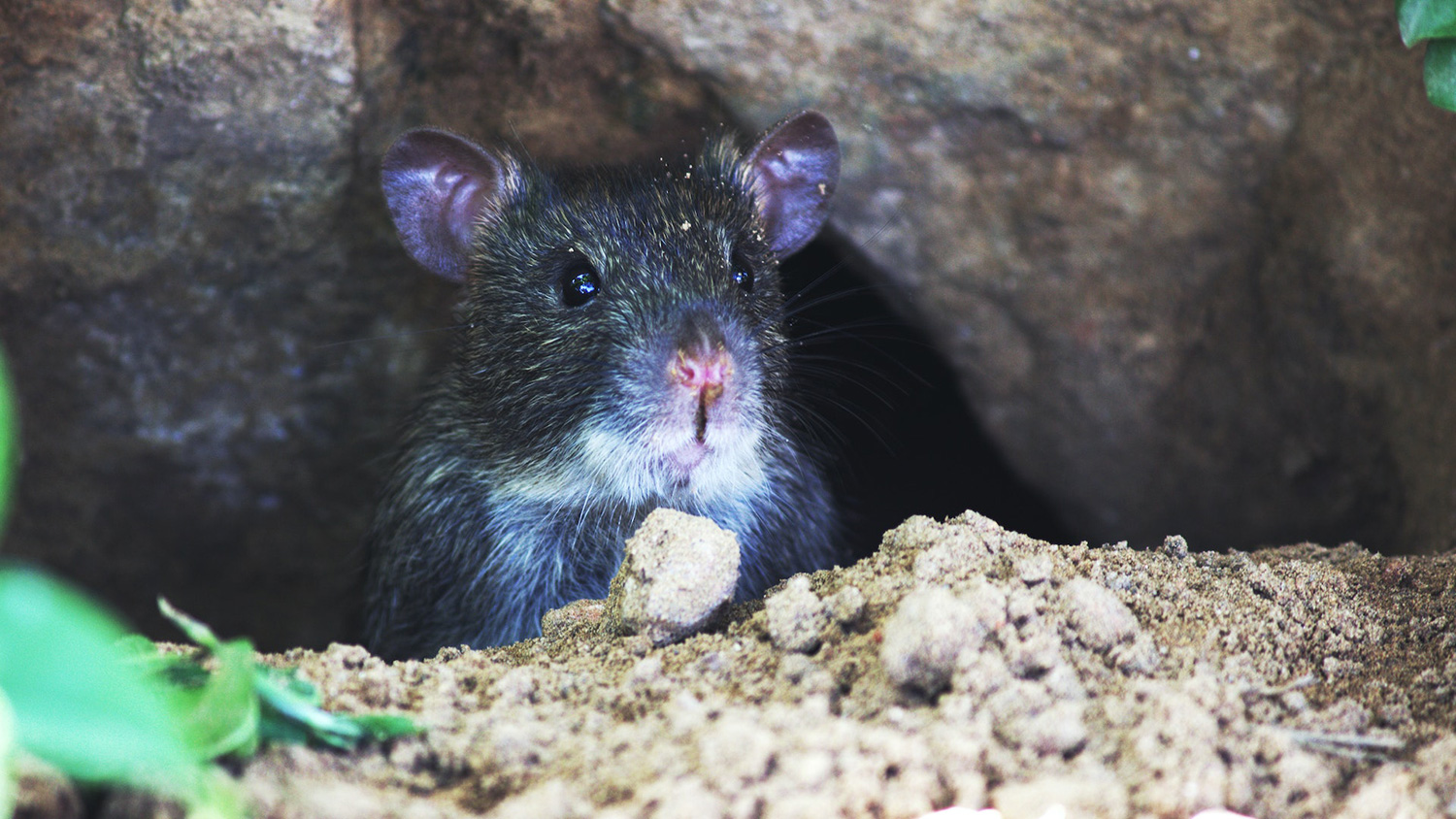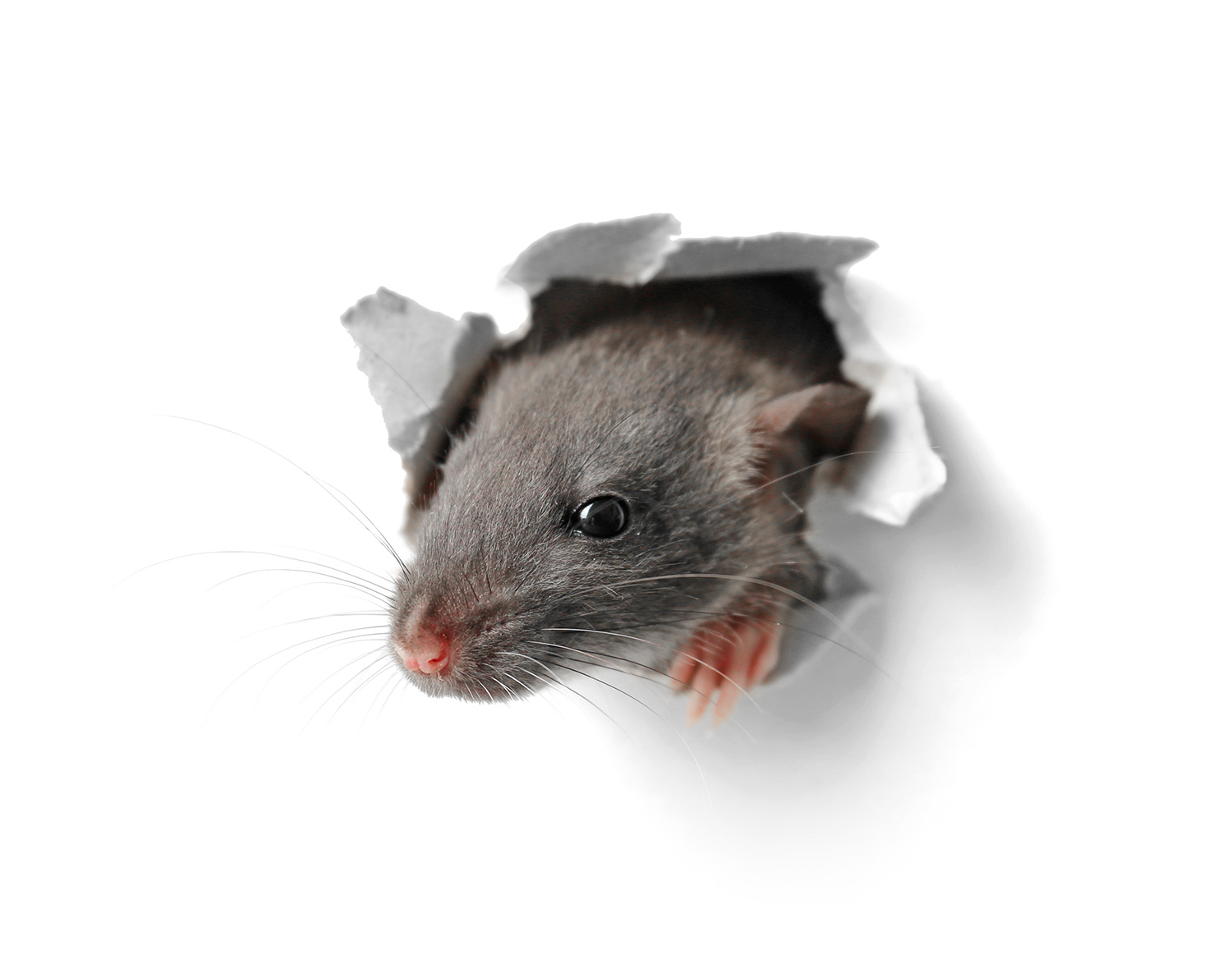This complex of procedures aims to protect sensitive facilities or areas from rodents and, if present,
eliminate them. Rodents can cause damage to the structures and equipment of buildings, agricultural
buildings, and warehouses. They can damage the insulation layer of these spaces and disrupt
electrical and plumbing systems. Their activities can also lead to fires in the premises, and stored
products can be contaminated by water leaking from damaged water pipes.
Here are some facts about rodents and the damage they can cause:
 Documentation in an electronic system Cepest.eu
Documentation in an electronic system Cepest.eu
Deratization
Deratization
- Rodents gnaw through obstacles with sharp incisors coated with enamel as hard as steel (rating 5.5 on the Mohs scale).
- The brown rat can exert a biting force of 1,700 kg/cm2 and can bite at a speed of 1.5 to 6 bites per second.
- Approximately 3.5 million rats are added to the global population every day, with each rat consuming 20 grams of food, excreting 20 droppings, and leaving about 16 milliliters of urine, contaminating approximately 30 kilograms of product.
- One hundred rats consume more than a ton of dry products in a year, while 25 rats consume as much as one human.
- In a year, a pair of house mice can leave over 10,000 droppings and nearly 2 liters of urine where they feed.
- Rodents, particularly rats, can transmit over 60 dangerous diseases, such as rat-bite fever, leptospirosis (Weil's disease), salmonellosis, plague, and trichinosis.
Due to these reasons, rodents cause significant losses, especially in the food industry.


In many countries, imported food products are inspected to determine if they were produced in the presence of rodents. Products can be returned to exporters if, for example, traces of rodent hair are found in chocolate or flour.
Professional pest control companies employ Integrated Pest Management (IPM) methods. The fundamental principle of IPM is prevention and proactive measures to make it as difficult as possible or even impossible for rodents to migrate onto the premises or into the interior of food processing facilities. The goal is to create conditions where rodents cannot find hiding places or suitable environments for breeding. Eliminating rodents should always be regulated by appropriate local regulations on cleanliness and order. Such regulations impose an obligation on property owners to carry out periodic rodent control actions. Rodent control is, therefore, mandatory.
 Polski
Polski